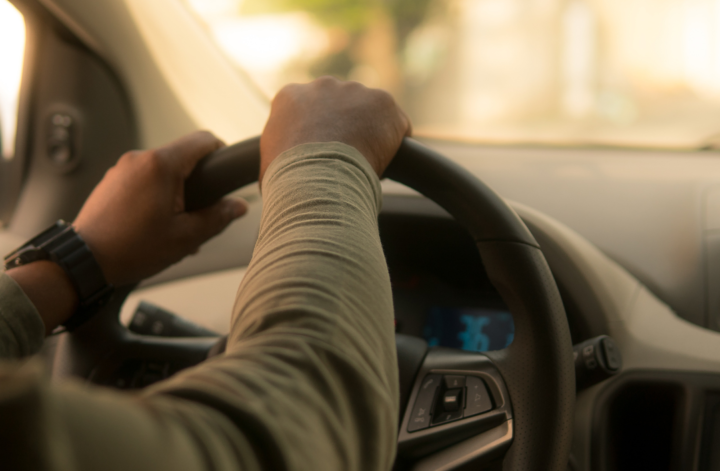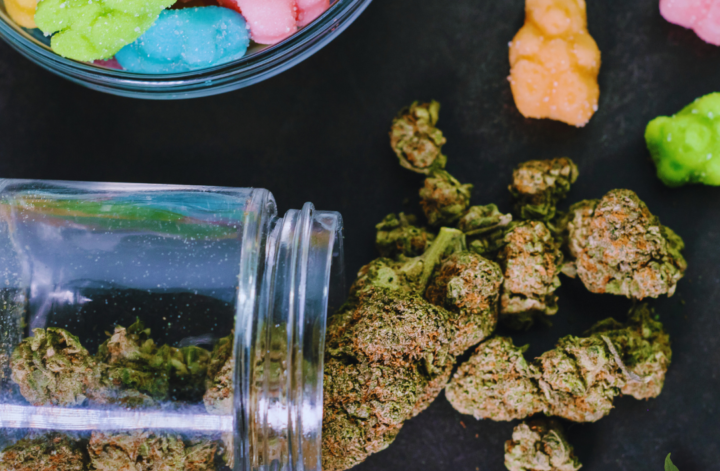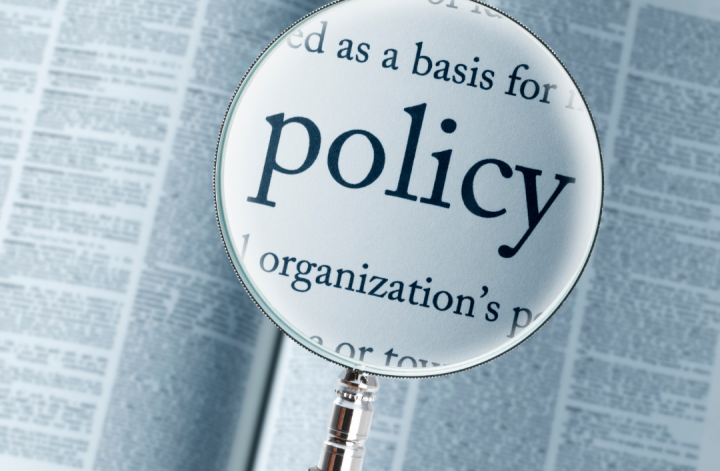Cannabidiol (CBD) is an ingredient found in hemp and marijuana plants. CBD is not psychoactive. CBD has been shown to have anti-inflammatory and anti-anxiety effects, making it beneficial to people dealing with issues like chronic pain, PTSD, and other conditions. CBD differs from THC (the chemical in marijuana that gets you high) in a few keyways. CBD is not psychoactive. It does not make people feel “high” or “stoned.” CBD is linked to a handful of studies that show that it may be helpful in treating several conditions. One study in mice found that CBD helped to reduce anxiety and increase focus. Another study in rats found that CBD helped to reduce anxiety, paranoia, and stress.
If you have ever been curious about how CBD oil can impact one’s driving, you are not alone. Countless people who have used CBD oil report better sleep, fewer aches and pains, and even relief from anxiety. However, there has been concern raised by some who say that CBD oil can impact your driving ability even at high doses. But how can CBD impact your driving, even if you take CBD oil?
So, Can CBD Impact Driving, Even at High Doses?
While CBD (cannabidiol), the non-psychoactive component of marijuana, has been gaining traction as a treatment for a variety of conditions, including anxiety, depression, pain, and nausea, it’s also been the focus of controversy. Cannabidiol is a cannabinoid, like THC, but it’s thought to have fewer side effects. Cannabidiol is found in marijuana and hemp, but it’s legal to buy and possess CBD oil in all 50 states. Cannabidiol is legal at the national level, but in some cities and states, it’s illegal to use CBD and THC together, as THC can impair your driving abilities.
So, if you get caught rash driving under this substance by a traffic cop they might charge you under impaired driving laws. In which case, you would have to work with an impaired driving lawyer to navigate the legal process and defend your rights effectively. The legal process can be complex and stressful, involving evidence collection, possible field sobriety or blood tests, and court appearances. Having a knowledgeable attorney can help challenge procedural errors, ensure proper testing protocols were followed, and present mitigating factors to the court. Additionally, an experienced lawyer can advise on potential plea options or alternative resolutions to reduce penalties and protect your driving privileges. If you are facing such charges, consulting dui lawyers can be a critical step in safeguarding your rights and future.
That being said, the effects of cannabidiol, or CBD, on driving and cognitive abilities appear minimal. According to scientists, CBD degrades over time, so it’s no surprise that even users at the highest dose may not be increased. Although this doesn’t mean driving is out of the question with CBD, it does mean that it’s best not to drive while under the influence of CBD.
CBD oil, made from hemp, has many potential benefits, including pain control, relief of anxiety, and the reduction of seizures in epileptic patients. Yet, one concern remains: cannabidiol (CBD), a compound found in cannabis, can affect driving performance. While there is little scientific evidence to back up claims that CBD affects driving, there are anecdotal reports that suggest some degree of impairment.
CBD has quickly become a hot commodity as of late. It seems that everyone wants it, including drivers. Now, though, a new study is raising the question of whether the use of CBD by drivers is safe. The study, conducted by a team of researchers from the University of Colorado School of Medicine, suggests that even high doses of CBD can have a pronounced effect on driving, reducing both the ability to react quickly and the ability to adapt flexibly to changing road conditions. The study findings were presented in a November 2018 conference presentation and have yet to be published in a peer-reviewed journal.
CBD oil has become a popular alternative form of medicine for conditions such as chronic pain and anxiety. And though it is true that CBD induces a relaxation response and reduces anxiety, it does not impair memory, perception, or psychomotor speed, according to a review of studies in the Journal of Psychopharmacology. CBD also does not act as a depressant of the central nervous system, and it does not put you to sleep, nor does it impair your ability to drive. (Many users swear by CBD for its ability to improve sleep, however.)




